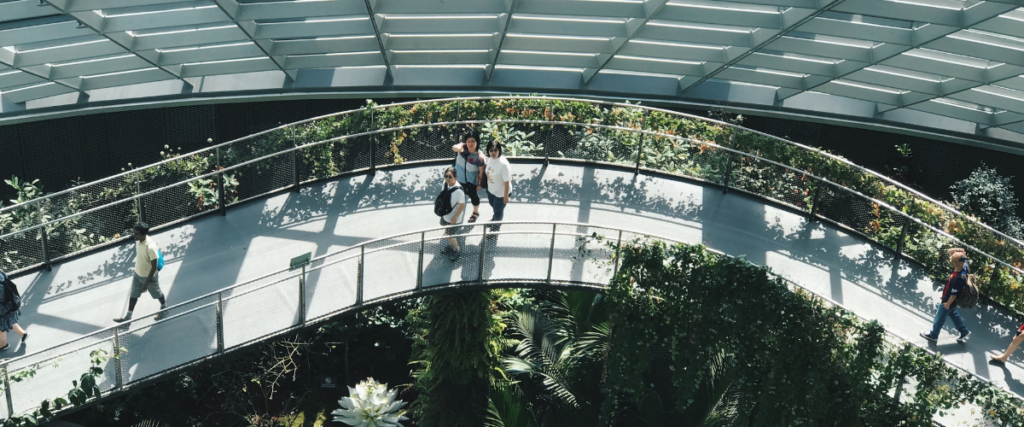Singapore aims to increase the percentage of PET plastic recycled nationally. The Plastics Recycling Association of Singapore will establish a project to manage the nation’s PET plastic waste.
Singapore is working its way to increase the level of plastic waste being recycled. Currently, the region’s recycling rate is reported to be only 4% for plastic bottles, a noticeably lower percentage than that of other waste materials such as metal or paper.
With this concern, Singapore is aiming to construct its first recycling facility solely dedicated to PET plastic recycling. Advocates of this idea pose the possibility of seeing great advancements in the region’s plastic recycling rate. This project was initiated by the newly created Plastics Recycling Association of Singapore (PRAS). PRAS will work alongside other authorities to reach the Singapore Green Plan 2030 – a government initiative to encourage green living.
The Vice-president of PRAS, Joachim Ihrcke, revealed the plan to build and execute the plastic bottle recycling plant by the end of year 2023. Ihrcke estimates that if the project is conducted as planned, a total of 150 million plastic bottles will be recycled per year. This is equivalent to 30 per cent of plastic waste annually produced in Singapore.
The project developed by PRAS aims to recycle plastic waste, specifically focusing on handling PET plastic. PET refers to polyethylene terephthalate plastic, commonly used to manufacturing food containers and beverage bottles. Once produced, PET plastic requires a longer process to be recycled. When PET is identified among waste, it then needs to be sorted and segregated, before undergoing mechanical recycling, followed by chemical recycling. By narrowing down its focus to PET plastic, the PRAS will be able to expedite the recycling process, increasing the amount of waste recycled each year.

The PET recycling facility would make a considerable positive impact on Singapore’s waste management system if completed successfully. However, PRAS stated that it expects the need for “substantial investments’ for a seamless process in establishing the facility. To deal with this minor setback, PRAS is working alongside German engineering firm HTP GmbH & Co to gauge potential costs, and technology involved in the project. Following this collaboration, PRAS has hopes to obtain sufficient funding by mid 2022.
Once the collaborative research with HTP GmbH & Co is completed, Ihrcke has high hopes the results would attract more investors in supporting the project and “it will prove that this is not only a project that is feasible, but also will be a project that is profitable.”
As of now, Ihrcke and his team anticipates the project’s total costs to be an eight-figure amount, but this is subject to change depending on the results of their collaborative studies. The location of this project is also yet to be finalised, but will soon be released after a completed research process.
Related Articles
8 Sustainability Startups in Singapore to Watch
Smart Bins: The Key to Cleaner Cities?
Hong Kong Cardboard Grannies Could Be Key to City’s Plastic Waster Solution





